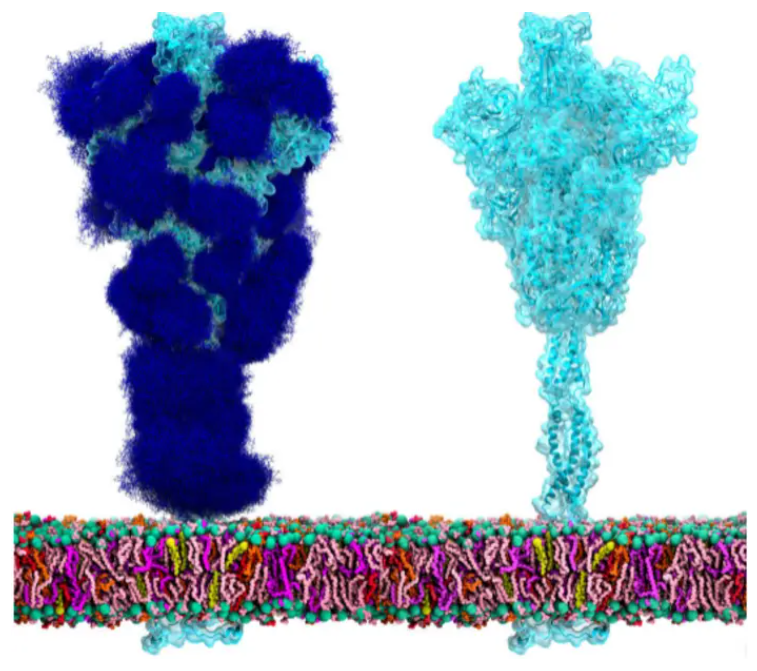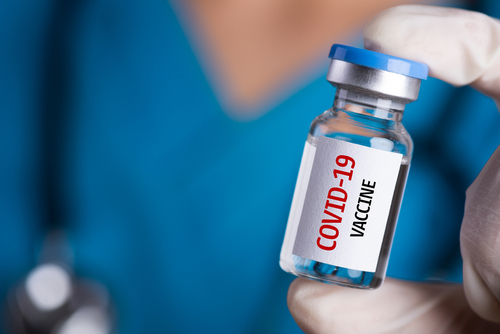
In addition to known risk factors, including older age and certain comorbidities, disease activity and specific disease-modifying antirheumatic drugs (DMARDs) may be tied to COVID-19 mortality risk in patients with rheumatic diseases, according to a study.
“We found that moderate/high disease activity was significantly associated with COVID-19-related death, confirming recent recommendations regarding the importance of disease control in rheumatic diseases in the COVID-19 era,” the researchers reported. “Overall, compared with methotrexate monotherapy, most DMARDs were not associated with higher odds of death, although rituximab and sulfasalazine were notable exceptions.”
They collected data from the COVID-19 Global Rheumatology Alliance (C19-GRA), an observational, physician-reported registry that kicked off on March 24, 2020, and includes data voluntarily reported by rheumatologists. The present study evaluated data collected on or before July 1, 2020. The main outcome was COVID-19-related death. Covariates used in multivariable logistic regression models were age, sex, smoking status, comorbidities, rheumatic disease diagnosis, disease activity, and medications. Patients were also analyzed based on their specific rheumatic disease.
Final analysis included 3,729 patients with a mean age of 57 years; most patients were female (68%). Overall, 390 patients died (10.5%). Older age, compared to age ≤65 years, was independently associated with COVID-19-related mortality (age 66-75 years: odds ratio [OR], 3.00; 95% confidence interval [CI], 2.13-4.22; age >75 years: OR, 6.18; 95% CI, 4.47-8.53). Other factors independently associated with COVID-19-related mortality were male sex (OR, 1.46; 95% CI, 1.11-1.91); hypertension combined with cardiovascular disease (OR, 1.89; 95% CI, 1.31-2.73), chronic lung disease (OR, 1.68; 95% CI, 1.26-2.25), and prednisolone-equivalent dosage >10 mg/day, compared to no glucocorticoid intake (OR, 1.69; 95% CI, 1.18-2.41.
Compared to remission/low disease activity, patients with moderate/high disease activity had a higher risk of COVID-19-related death (OR, 1.87; 95% CI, 1.27-2.77). When compared to receiving methotrexate monotherapy, treatments associated with COVID-19-related death were rituximab (OR, 4.04; 95% CI, 2.32-7.03); sulfasalazine (OR, 3.60; 95% CI, 1.66-7.78); immunosuppressants including azathioprine, cyclophosphamide, ciclosporin, mycophenolate, or tacrolimus (OR, 2.22; 95% CI, 1.43-3.46); and not receiving any DMARD (OR, 2.11; 95% CI, 1.48-3.01). No correlations were observed between other synthetic/biological DMARDs and COVID-19-related death.
The study was published in Annals of the Rheumatic Diseases.
“Among people with rheumatic disease, COVID-19-related death was associated with known general factors (older age, male sex and specific comorbidities) and disease-specific factors (disease activity and specific medications). The association with moderate/high disease activity highlights the importance of adequate disease control with DMARDs, preferably without increasing glucocorticoid dosages. Caution may be required with rituximab, sulfasalazine and some immunosuppressants,” the researchers concluded.







 © 2025 Mashup Media, LLC, a Formedics Property. All Rights Reserved.
© 2025 Mashup Media, LLC, a Formedics Property. All Rights Reserved.